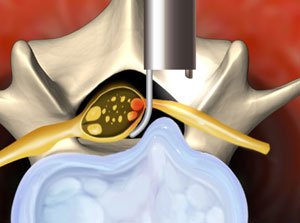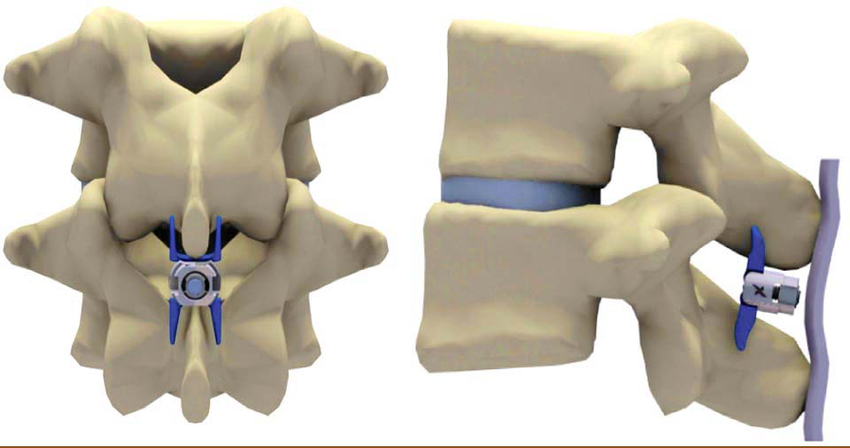Endoscopic Spine Surgery

Endoscopic spine surgery is a minimally invasive surgical technique used to treat various spinal conditions. It involves the use of an endoscope, a thin tube with a camera and surgical instruments, inserted through small incisions to access and treat the spine
Q: What is endoscopic spine surgery?
A: Endoscopic spine surgery is a minimally invasive surgical technique used to treat various spinal conditions. It involves the use of an endoscope, a thin tube with a camera and surgical instruments, inserted through small incisions to access and treat the spine.
Q: What are the benefits of endoscopic spine surgery?
A: Some of the benefits of endoscopic spine surgery include smaller incisions, reduced muscle and tissue damage, less blood loss, faster recovery time, and potentially less post-operative pain compared to traditional open spine surgery.
Q: What conditions can be treated with endoscopic spine surgery?
A: Endoscopic spine surgery can be used to treat a range of spinal conditions, including herniated discs, spinal stenosis, degenerative disc disease, sciatica, and certain types of spinal deformities.
Q: How is endoscopic spine surgery performed?
A: During endoscopic spine surgery, the surgeon makes small incisions and inserts the endoscope into the affected area of the spine. The camera provides visualization, and specialized instruments are used to remove or repair the targeted spinal structures.
Q: Is endoscopic spine surgery suitable for everyone with spinal problems?
A: Endoscopic spine surgery may not be appropriate for all patients or all spinal conditions. Factors such as the specific diagnosis, severity of the condition, and individual patient characteristics need to be considered. A thorough evaluation by a spine specialist can determine if endoscopic surgery is a suitable option.
Q: What are the potential risks or complications associated with endoscopic spine surgery?
A: Although endoscopic spine surgery is generally considered safe, there are some potential risks and complications. These may include infection, nerve damage, bleeding, blood clots, dural tear (tear in the protective covering of the spinal cord), and the possibility of needing additional surgery.
Q: How long is the recovery period after endoscopic spine surgery?
A: The recovery period after endoscopic spine surgery can vary depending on the individual, the specific procedure performed, and the extent of the spinal condition being treated. In general, the recovery is often faster compared to traditional open surgery, but it still requires a period of rest, physical therapy, and adherence to post-operative guidelines provided by the surgeon.
Q: How effective is endoscopic spine surgery in relieving spinal symptoms?
A: Endoscopic spine surgery has shown promising results in relieving spinal symptoms for many patients. It can provide relief from pain, numbness, and other symptoms associated with various spinal conditions. However, the effectiveness of the surgery depends on the specific condition being treated and the individual patient.
Q: Are there any alternative treatments to endoscopic spine surgery?
A: Depending on the specific spinal condition and individual circumstances, alternative treatments to endoscopic spine surgery may include conservative measures like physical therapy, medication, spinal injections, or traditional open spine surgery. The most appropriate treatment option can be determined through consultation with a spine specialist.





